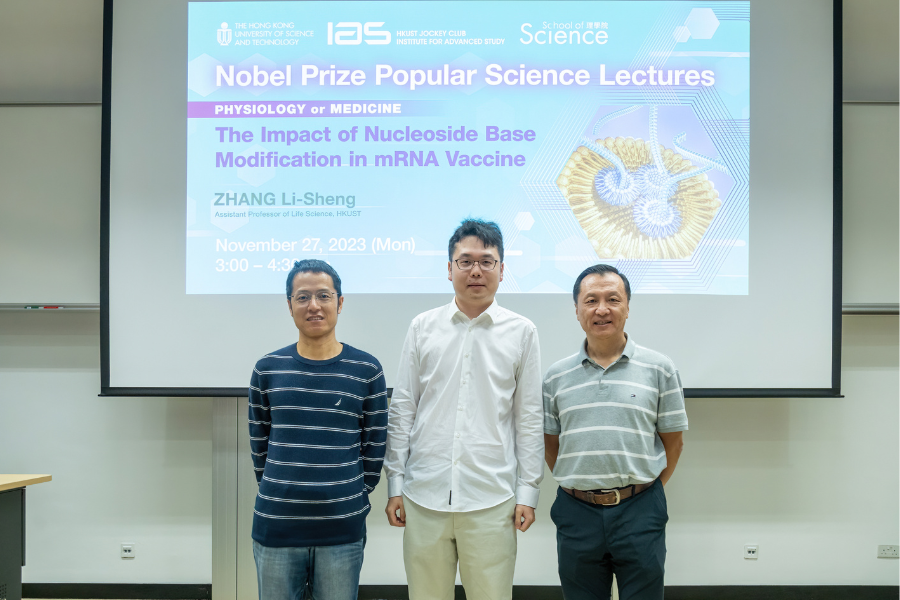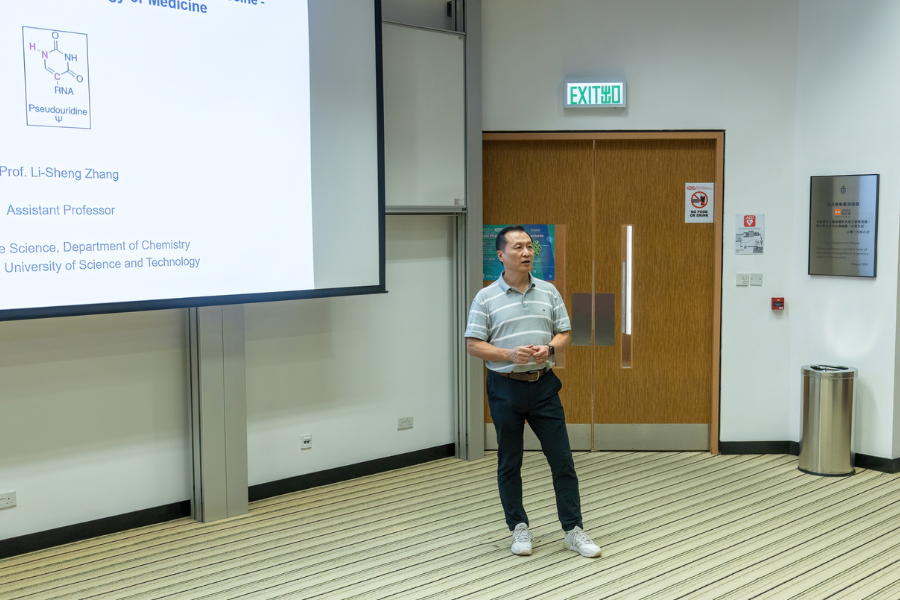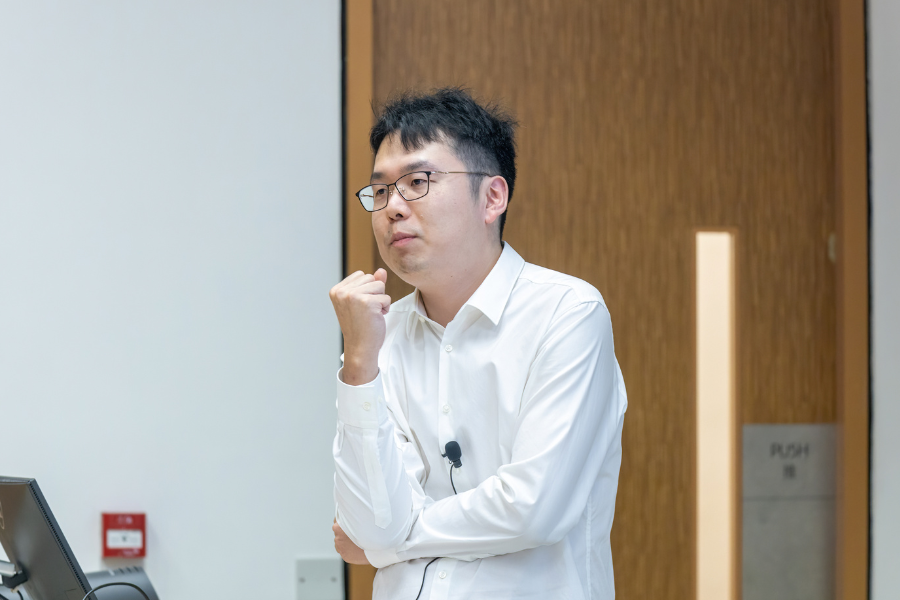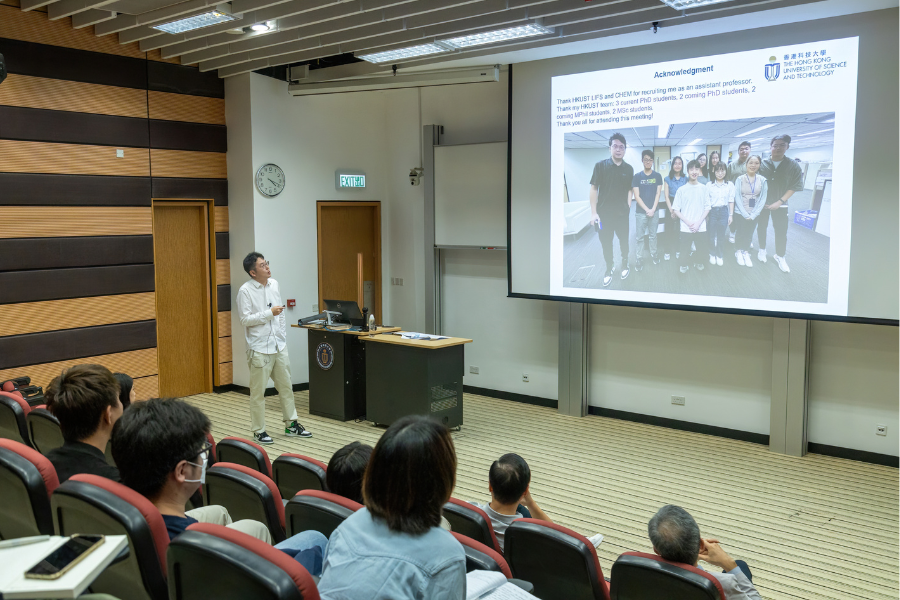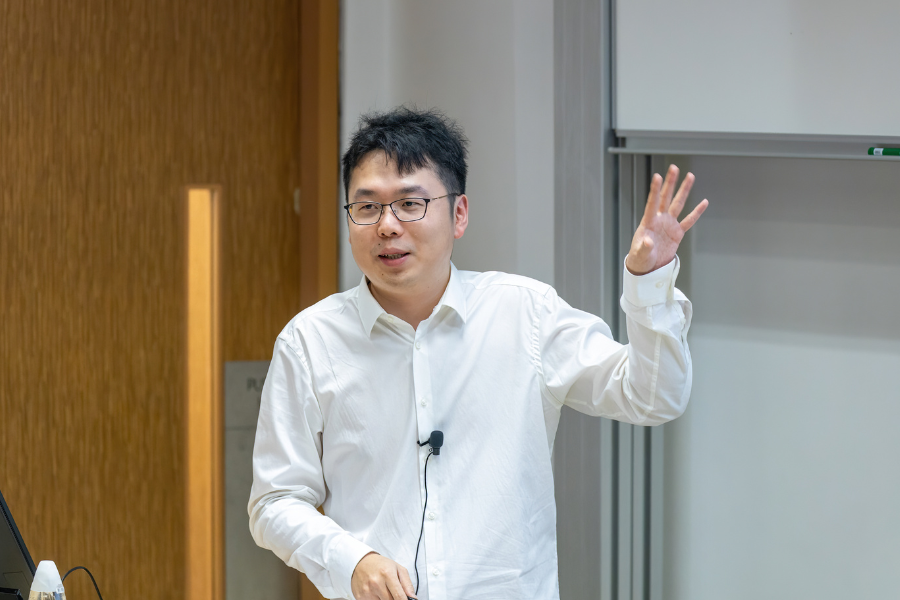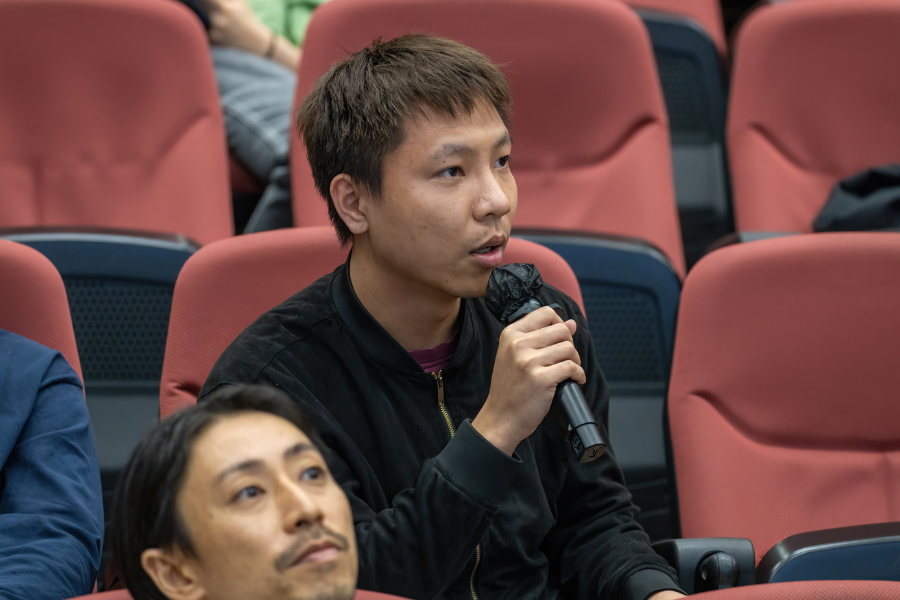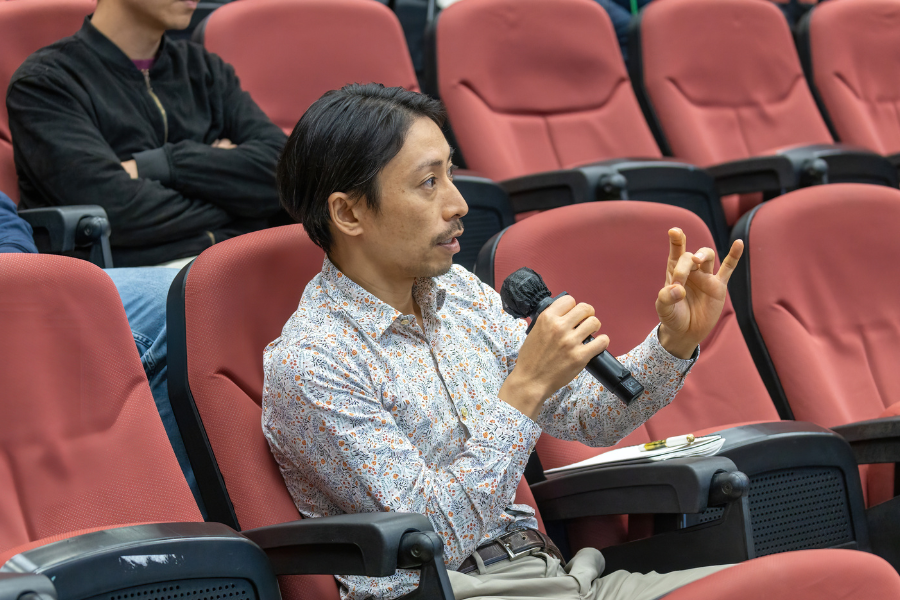The Impact of Nucleoside Base Modification in mRNA Vaccine - 2023 Nobel Prize in Physiology or Medicine
Abstract
The 2023 Nobel Prize in Physiology or Medicine celebrated groundbreaking discoveries concerning nucleoside base modifications, which facilitated the development of effective mRNA vaccines against COVID-19. This lecture delves into the Nobel Prize-winning research and its impact on the future of vaccine development and disease prevention. The speaker will explain the importance of nucleoside base modifications in mRNA and how these alterations were utilized to create a novel class of vaccines. The lecture will underscore the swift development of mRNA vaccines in response to the COVID-19 pandemic and how this pioneering technology has transformed the field of vaccinology. The speaker will also discuss the potential applications of diverse RNA modifications in other infectious diseases, cancer immunotherapy, and innate immunity. Collectively, this lecture will provide a comprehensive understanding of the Nobel Prize-winning discoveries related to nucleoside base modifications and their pivotal role in mRNA vaccine development. Participants will gain insights into the cutting-edge technology that has been instrumental in combating the COVID-19 pandemic and its potential to revolutionize the future of medicine.
About the Speaker
Prof. ZHANG Li-Sheng is an Assistant Professor in the Division of Life Science and in the Department of Chemistry at The Hong Kong University of Science & Technology (HKUST). In 2009, he entered Peking University, majoring in Materials Chemistry. After the undergraduate training, in 2013, he entered the Department of Chemistry at The University of Chicago to start his Ph.D. training in Prof. Chuan HE's Lab. Prof. Zhang earned his Ph.D. in 2019, with the HHMI International Student Research Fellowship award. During Ph.D. training, he discovered ALKBH7-mediated reversible RNA methylation in mitochondrial RNA and demonstrated mRNA internal N7-methylguanosines via base-resolution sequencing. He continued working as a postdoctoral scholar in Prof. Chuan He’s lab upon the completion of his Ph.D., where he developed multiple base-resolution quantitative sequencing methods to investigate diverse RNA modifications in mammals. In April 2023, Prof. Zhang joined HKUST and started his independent research in chemical biology, epigenetics, immunology, cancer biology, and bioinformatics. He has published 34 academic articles in high-impact journals, including 14 first- or corresponding-authored papers in Accounts of Chemical Research, Nature Biotechnology, Nature Cell Biology, Nature Protocols, Cell Research, Molecular Cell, PNAS, Angewandte Chemie, ACS Chemical Biology, Organic Letters, Frontiers in Immunology, etc.
For Attendees' Attention
Seating is on a first come, first served basis.

